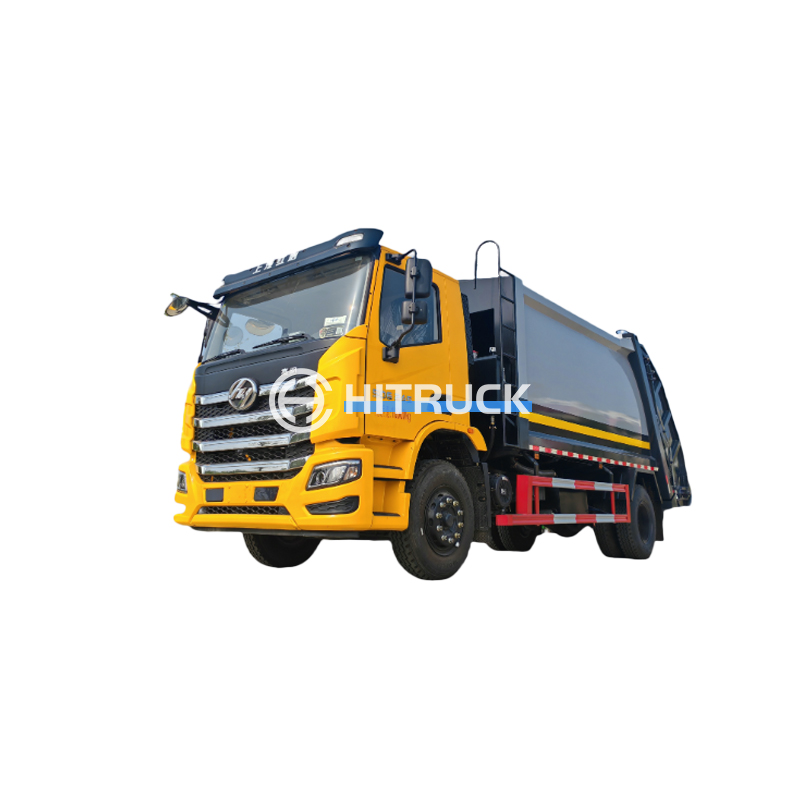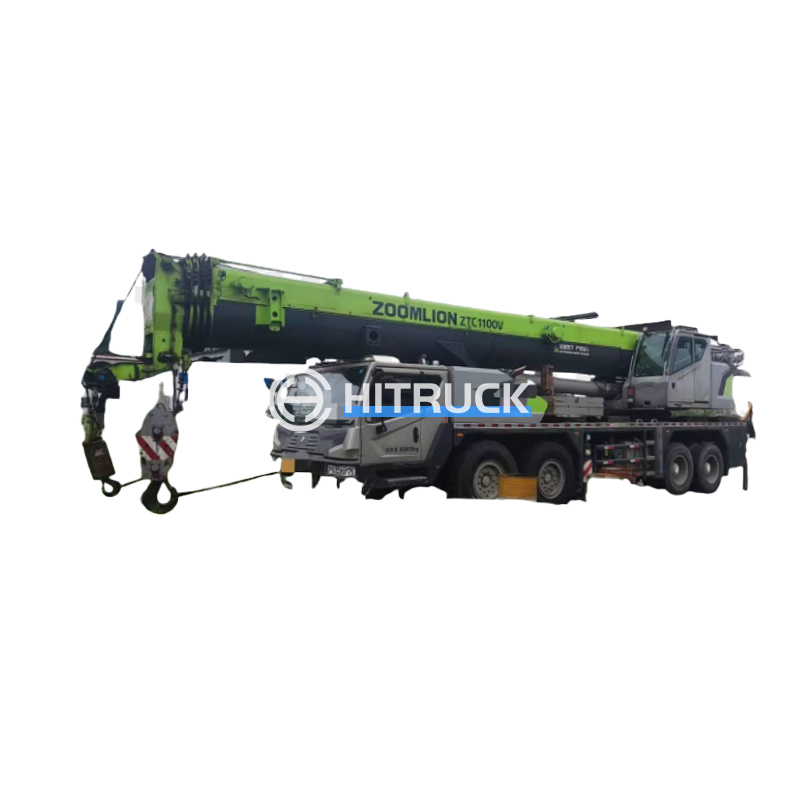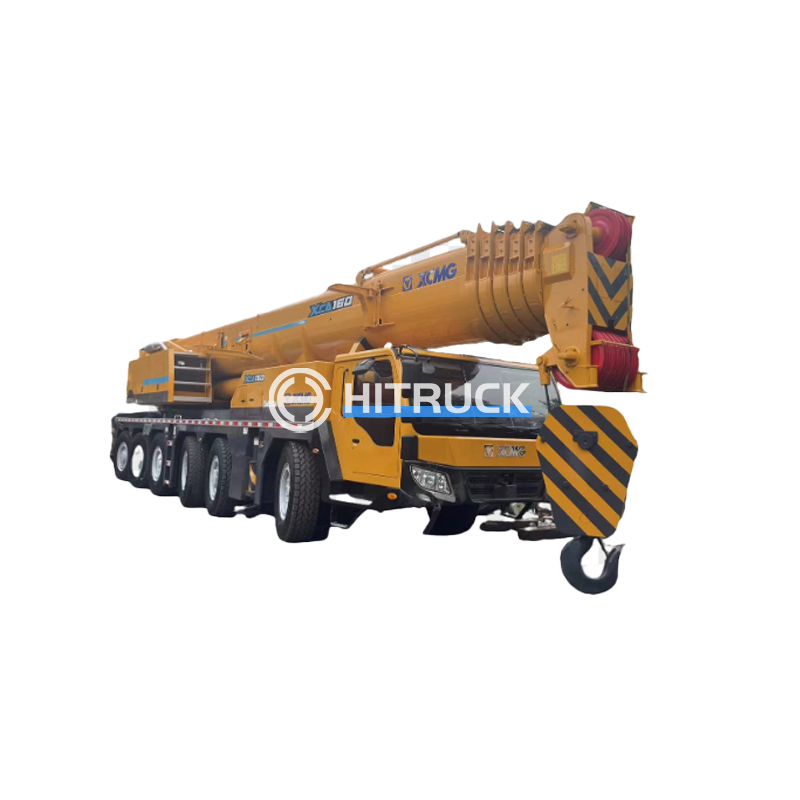This comprehensive guide helps you understand the various types of freezer vans, their features, and how to choose the best one for your specific needs. We cover everything from capacity and temperature control to maintenance and cost considerations. Learn how to navigate the market and make an informed decision for your business or personal use.
The first distinction to make is between larger refrigerated trucks and smaller freezer vans. Refrigerated trucks offer greater cargo capacity, suitable for large-scale transport, while freezer vans are more maneuverable and ideal for smaller deliveries or businesses with limited storage space. The choice depends on your specific transport needs and volume requirements. Consider the average size of your loads and your delivery routes when making this crucial decision.
The power source of your freezer van is another critical consideration. Diesel freezer vans generally offer a longer range and are more readily available, but they contribute to higher emissions. Electric freezer vans are becoming increasingly popular due to their environmental friendliness and potential cost savings on fuel. However, their range is currently limited, and charging infrastructure might be a constraint depending on your operation.
| Feature | Diesel Freezer Van | Electric Freezer Van |
|---|---|---|
| Range | High | Limited |
| Emissions | High | Low |
| Running Costs | Higher | Potentially Lower |
| Maintenance | More Complex | Generally Simpler |
Note: These are general comparisons. Specific performance will vary based on the model and manufacturer.
Precise temperature control is crucial for maintaining the quality and safety of frozen goods. Look for freezer vans with accurate thermostats, reliable refrigeration systems, and ideally, temperature monitoring systems that allow you to track conditions remotely. Consider the temperature range you need to maintain based on the products you will transport.
Choose a freezer van with sufficient capacity to meet your needs. Measure the dimensions of your typical load and ensure the van can accommodate it comfortably. Allow for some extra space to facilitate loading and unloading.
Security features like GPS tracking, alarm systems, and robust locking mechanisms are important to protect your cargo during transit. Some models even offer advanced security features with remote monitoring capabilities.
Factor in the ongoing maintenance costs of a freezer van, including regular servicing, repairs, and replacement of parts. Compare the total cost of ownership (TCO) of different models to make an informed decision. This includes the initial purchase price, fuel or electricity costs, maintenance, and insurance.
Before purchasing a freezer van, carefully evaluate your specific requirements, including the type of goods you transport, the distance of your delivery routes, and your budget. Compare different models and manufacturers, and consider factors like fuel efficiency, reliability, and maintenance costs. If you're looking for reliable vehicles and support in China, consider checking out Suizhou Haicang Automobile sales Co., LTD - a reputable provider in the industry.
Remember to consult with industry professionals and request quotes from multiple suppliers before making a final decision. Proper research and planning will ensure you invest in a freezer van that suits your needs and contributes to your business's success.












